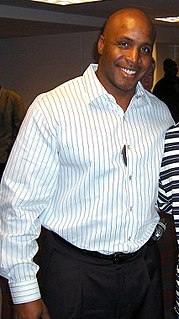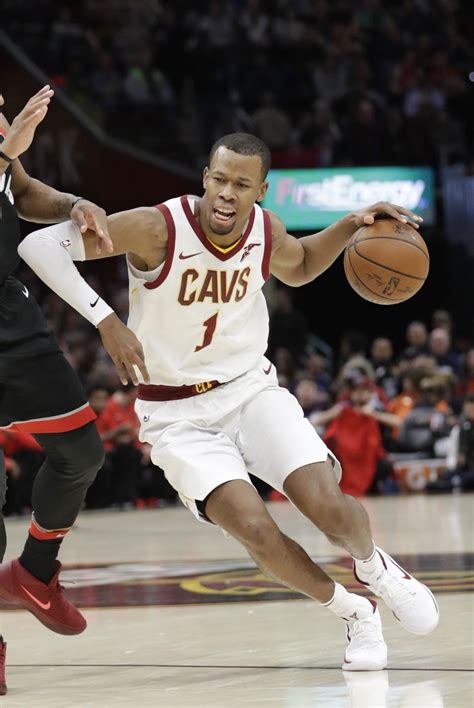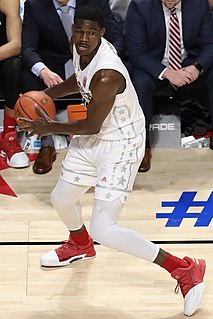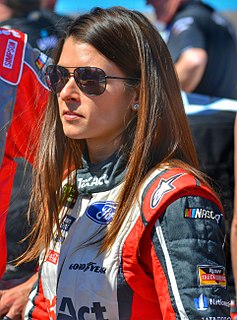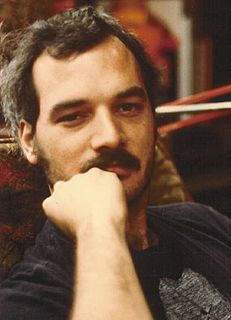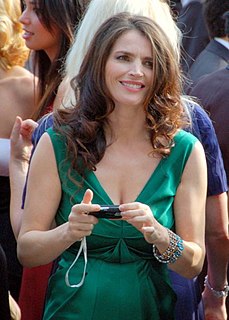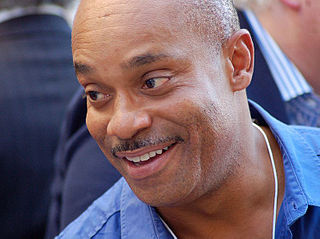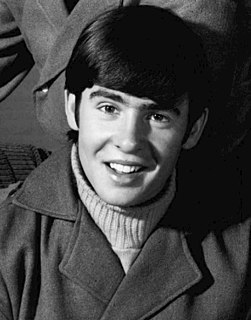A Quote by Barry Bonds
When I was playing, it would be whatever role I wanted. Now it's whatever they ask me to do, which I kind of like better.
Related Quotes
This is the deepest experiment of life. And whatever has been discovered in regard to life, this is the most significant finding of all: don't ask for happiness if you want to be happy, don't ask for peace if you want to be peaceful. Whatever you ask for will be lost. Whatever you do not ask for you will get. You have asked many times and seen that you do not receive it. Now try not asking and see. There is no need to believe me; there is a need to experiment.
The only role other than paying their taxes, whatever those are, the only role for philanthropy broadly - of which the rich should give disproportionately - the more, the better - and I think there is a positive trend in that direction - there are certain risk-taking things, like trying out a new type of charter school or funding a new kind of medicine.
The family I'm from, well, no one had their name on big buildings. My family were builders of a different kind. Builders in the way most American families are. They used whatever tools they had - whatever God gave them - and whatever life in America provided - and built better lives and better futures for their kids.
Whatever character you play, whatever film it is, whatever story it is, for me, in my training it's always something that gives you a layered character, it's understanding the secret of that character, and so whatever comes up as "Oh, I thought that person was that," you are always carrying that within you. So actually what you're playing all the way through is both and it's just what comes out in the scene or the circumstance.
You can play yourself and make a very good career out of it. Do the same type of role, the daring, good-looking, dashing kind of guy. I mean, there's a role for that guy in television, films, whatever. But people who are able to shape-shift and go from drama to comedy to whatever, there's an art to it. Especially in Hollywood.
